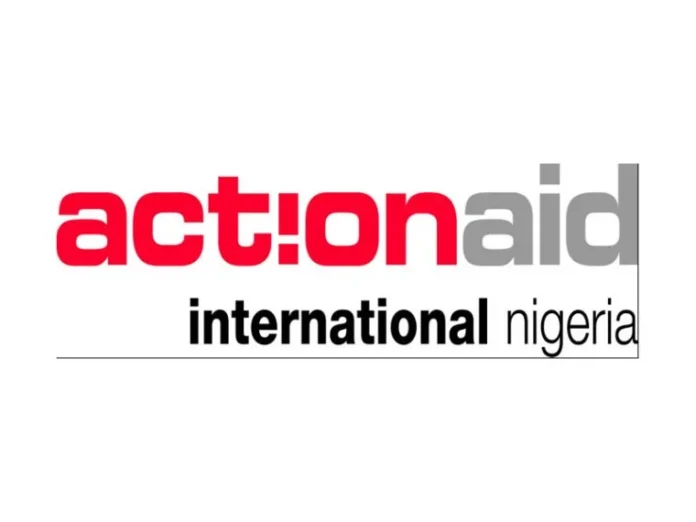ActionAid Nigeria has raised the alarm that Nigerians continue to suffer hardship despite the country’s vast natural and human resources, stressing that 65 years after independence, the majority of citizens remain trapped in poverty, hunger, and inequality. The civil society organisation argued that celebrating Independence Day without genuine accountability amounts to an empty exercise that offers little meaning to millions struggling daily.
In a statement issued in Abuja on Tuesday, the Country Director of ActionAid Nigeria, Dr. Andrew Mamedu, painted a grim picture of Nigeria’s current realities, lamenting that six and a half decades after independence, the country is still held back by corruption, insecurity, unemployment, hunger, poor healthcare, and political victimisation. He blamed the situation on the absence of political will and determination to implement necessary reforms that could improve the lives of ordinary citizens.
According to Mamedu, nearly 39 percent of Nigeria’s population continues to live below the international poverty line of $2.15 per day, with economic growth failing to translate into shared prosperity. He highlighted that inflation, which has remained above 20 percent in 2025, has eroded household incomes and worsened the cost-of-living crisis, leaving families unable to meet their basic needs.
While acknowledging some progress in recent years, such as the expansion of rail projects, private-sector investments including the Dangote Refinery, and improvements in agriculture and solid minerals, he maintained that these gains are insufficient to mask the country’s deep structural weaknesses. He stressed that Nigeria’s over-reliance on crude oil revenue remains a major stumbling block to sustainable development and inclusive growth.
Dr. Mamedu, however, commended Nigerians for keeping faith with democracy, noting that the country has sustained 26 years of uninterrupted constitutional rule since 1999. Yet, he insisted that democracy alone was not enough without genuine reforms that directly translate into improved living conditions for the people.
The ActionAid boss listed urgent actions the government must take to address the country’s pressing challenges. These include full and transparent remittance of fuel subsidy savings into the Federation Account for social investments, a comprehensive overhaul of the education sector, and reform of the healthcare system to guarantee affordable and quality services nationwide. He also called for coordinated, people-centered responses to insecurity, stronger anti-corruption efforts, and bold governance reforms.
He further pressed for the passage of the Special Seats Bill for Women to ensure gender-inclusive governance, fiscal federalism reforms that allow states greater control of their resources, and transparent appointments in key institutions like the Independent National Electoral Commission (INEC) and the judiciary to strengthen public confidence in elections and justice delivery.
“As we commemorate 65 years of independence, ActionAid Nigeria emphasises that celebration without accountability is empty,” Mamedu said. “Nigerians deserve safety, dignity, justice, and equal opportunities. The time for real reform is now.”
The organisation maintained that the anniversary should serve as a solemn reminder of the nation’s unfulfilled promises and a renewed call on leaders to address the root causes of poverty, inequality, and underdevelopment.

